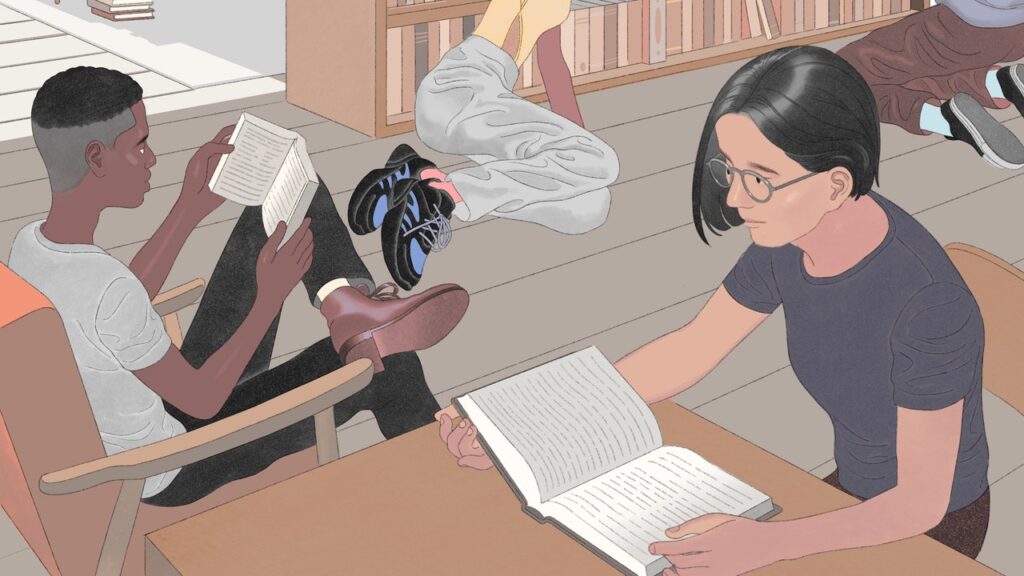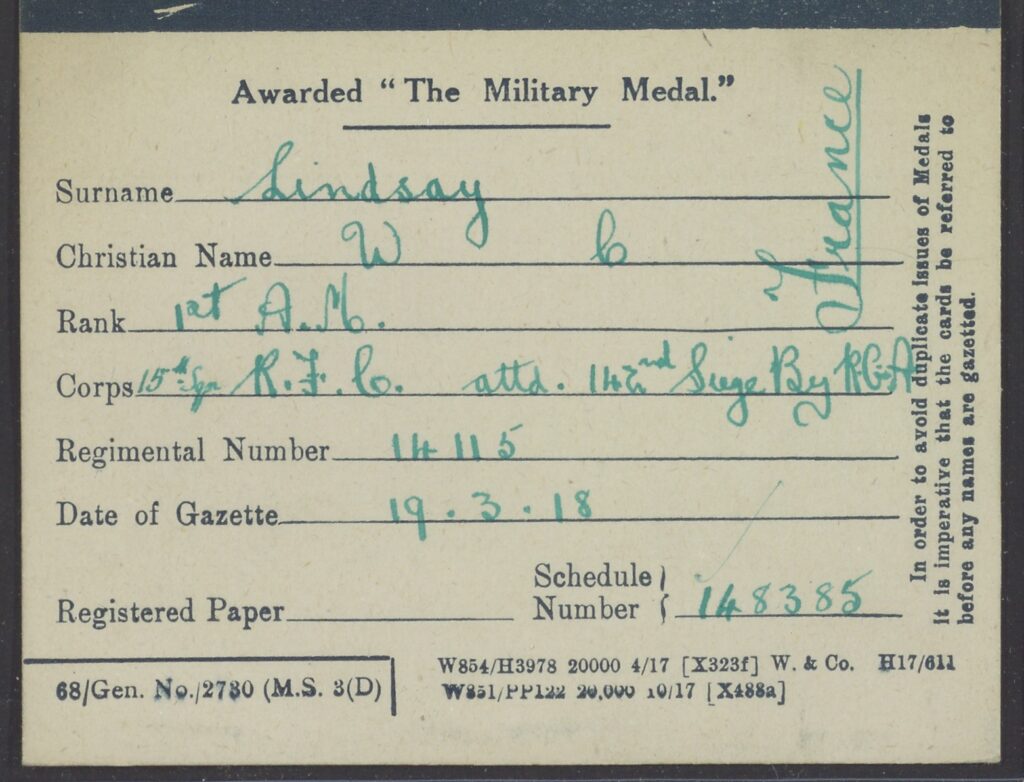The New Yorker’s editors and critics considered hundreds of new releases this year in order to select the Best Books of 2024. The magazine’s writers also made their way through many other books—novels they had missed upon publication, long-out-of-print essay collections, classics that the passage of time had imbued with fresh meaning. Some of their favorites are below.
Last July, during the British general election in which the Labour Party ousted the long-ruling Conservative government in a landslide, I picked up “The Line of Beauty,” by Alan Hollinghurst, which I’d somehow neglected to read in the two decades since it was published. Shame on me! I tore through it, and am already reading it for the second time. The book begins at the moment after the Tories’ own electoral landslide of 1983, in which Margaret Thatcher secured an overwhelming majority in the House of Commons. This period of social and political history is filtered through the refined consciousness of Nick Guest, a recent graduate from Oxford who has joined the household of a college friend, Toby Fedden, whose father, Gerald, happens to be one of those new Tory M.P.s. Nick is gay—and, at the novel’s outset, entirely sexually inexperienced—and has a status somewhere between a lodger and a conveniently charming spare man to make up a dinner party. He is about to embark upon a Ph.D. concerned with style in the works of Henry James, and James’s influence on the author radiates from each irony-gilded page. (“Yes, isn’t it a nice one,” remarks Toby’s uncle, Lord Kessler, when Nick compliments him on a Paul Cézanne, while Gerald assesses the painting “with a sharp way he had of scanning any document which might come in useful later on.”) Hollinghurst’s set-piece party scenes are masterpieces of observation, and his rendering of the shadow cast by AIDs over the eighties is subtle and agonizing. The book ends with the election of 1987, when the Lady, as she is admiringly referred to by all, consolidates her power in what is hailed as a second landslide. This is a “dead metaphor,” Nick explains to Toby’s volatile sister Catherine: “I mean the land did slide once, as we all know. And it looks very much as though it’s going to stay slidden.” If I first picked up the book for its lens on Britain after Labour’s July victory, I’m now rereading those lines with November 2024 very much in mind.—Rebecca Mead
“I’ve defined myself, privately and abstractly, by my brief, intense years as an athlete, a swimmer,” Leanne Shapton writes in her illustrated memoir, “Swimming Studies,” from 2012. “I wasn’t the best; I was relatively fast. I trained, ate, traveled, and showed with the best in the country, but wasn’t the best; I was pretty good.” Those piercing semicolons. As a girl, Shapton had very nearly swum for Canada’s Olympic team—twice. The underwater life is still with her, in her thirties: the smell of chlorine, nylon straps digging into shoulders, hair clumped into icicles after predawn workouts in a Toronto suburb. She can’t help but seek out pools and do laps in them, no matter their truncated length, at fancy hotels, for instance. Her partner suggests that water might be “something to enjoy,” and attempts to introduce her to “the idea of bathing.” How odd this seems to a record holder. Between chapters of text, Shapton includes photographs of her many swimsuits and paintings in her signature form of loose, abstract watercolor. (She shows in galleries and works as the art editor at The New York Review of Books.) She documents the shapes and locations of memorable pools and makes portraits of a swimmer in motion, crouching like a loaded spring into breaststroke, then elongating into freestyle. I read myself into these images, into the heavy quiet of submersion. Though I have no history as a champion of any kind, I learned to lap swim as a kid and have lusted after pools ever since. Shapton’s book makes me consider my past selves and which of them are still pushing me forward, through the water.—E. Tammy Kim
Frederick Seidel’s “Poems 1959-2009” has been a dapper, savage playmate to me all year. It was recommended by a buddy who knows how much I love Philip Larkin and deduced, correctly, that I would lose my mind for a snarly, rhymey voice, luxuriantly imprisoned in its tics and addictions. These include: flying first class, fine dining, fine art, potty words stringed singsongily together, sex as something monstrous, sex as something delicious, dictators, expressing love for things by mourning them even when they’re still around, the Carlyle Hotel, and sex. I can’t think of a living poet whose scope comes so close to infinite, nor can I name one who regularly makes infinity feel so petty—the entire universe a filthy pun in eleven dimensions.
The universe is another one of Seidel’s subjects. In his “Cosmos Trilogy,” which eats up a fair chunk of this collection, it grows as fast as “a ping-pong ball of lather” from a shaving-cream can, spawning a “tiny octopus / Of galaxies and dust” that feels like “the wobbly flesh of an oyster / Out of its shell on the battlefield” and spins with “earsplitting odorless suction.” The key line of the “Trilogy,” maybe of this book, comes from poem one: “the emptiness that weighs / More than the universe.” Nothing is ever truly nothing for Seidel. Nothing can ever be truly destroyed, either, just squished and chewed like a dog with a rubber toy.—Jackson Arn
I first tried to read Virginia Woolf’s plot-scarce classic “Mrs. Dalloway” when I was sixteen. As a teen-ager, I lived in perpetual fear of exposing my stupidity. Flipping through “Mrs. Dalloway” one night, when I should have been studying for an exam, was an attempt to mollify that fear. The bewildering experience confirmed my suspicion then that I was every bit as dense as I believed—and it was my duty to shove the secret ever deeper.
Recently, I reread the book, closer now to the age of Clarissa Dalloway than I was to her daughter, the dewy, teen-aged Elizabeth. Opening the book, I felt, as Clarissa did, “very young; at the same time, unspeakably aged.” On the sixth page, I did something I refused to do two decades earlier: I stopped. I stopped! Specifically upon the words, “She sliced like a knife through everything; at the same time, was outside, looking on.” Wasn’t this exactly what defenselessness had felt like at sixteen? Why did I not remember a single fragment of the searing sentence? It’s possible my younger self did not even permit my eyes to alight on these words, so terrified was I of being exactly the opposite of what I wished to be. Which is to say, I stubbornly remained on the outside of most things, a spectator of my own pale life, the way the young are prone to be. I have a feeling that Clarissa would not have judged me for this, though, just as Woolf would be indifferent to my middle-aged gushing over her masterpiece. If we are lucky, effort ceases, she might say. “Time flaps on the mast. There we stop; there we stand.”—Jiayang Fan


